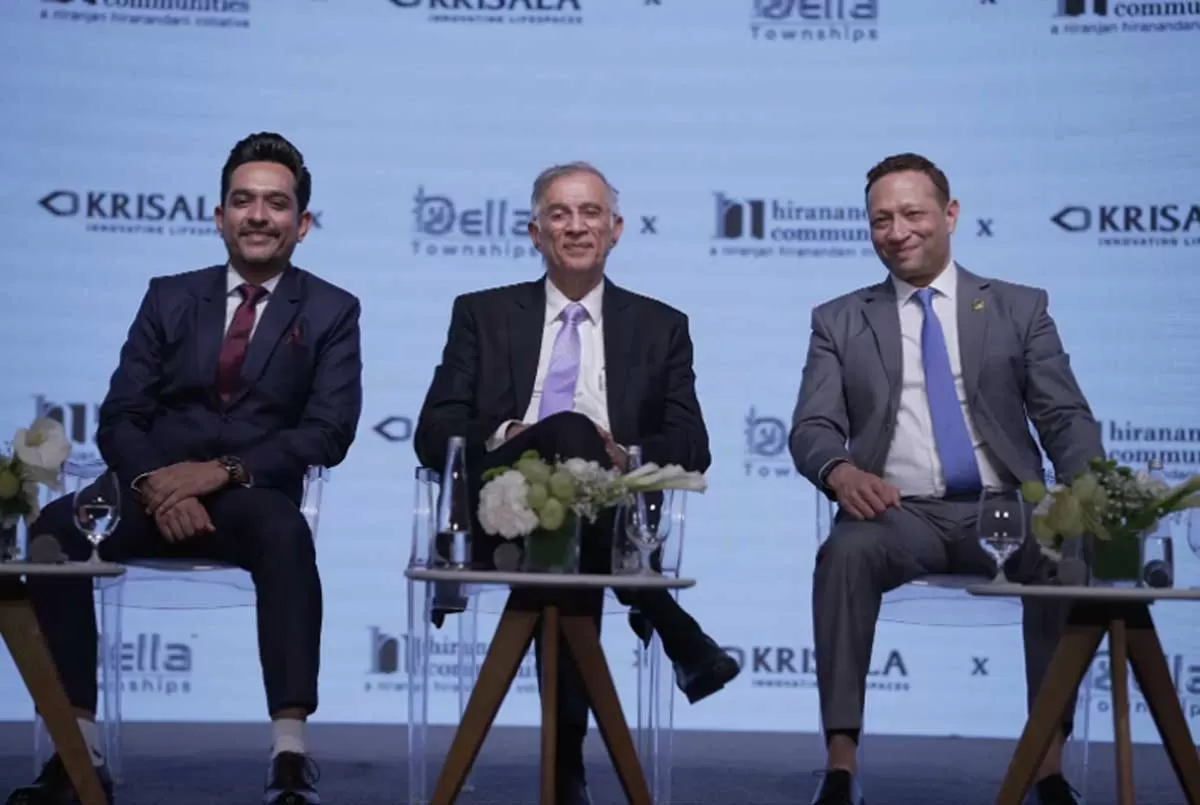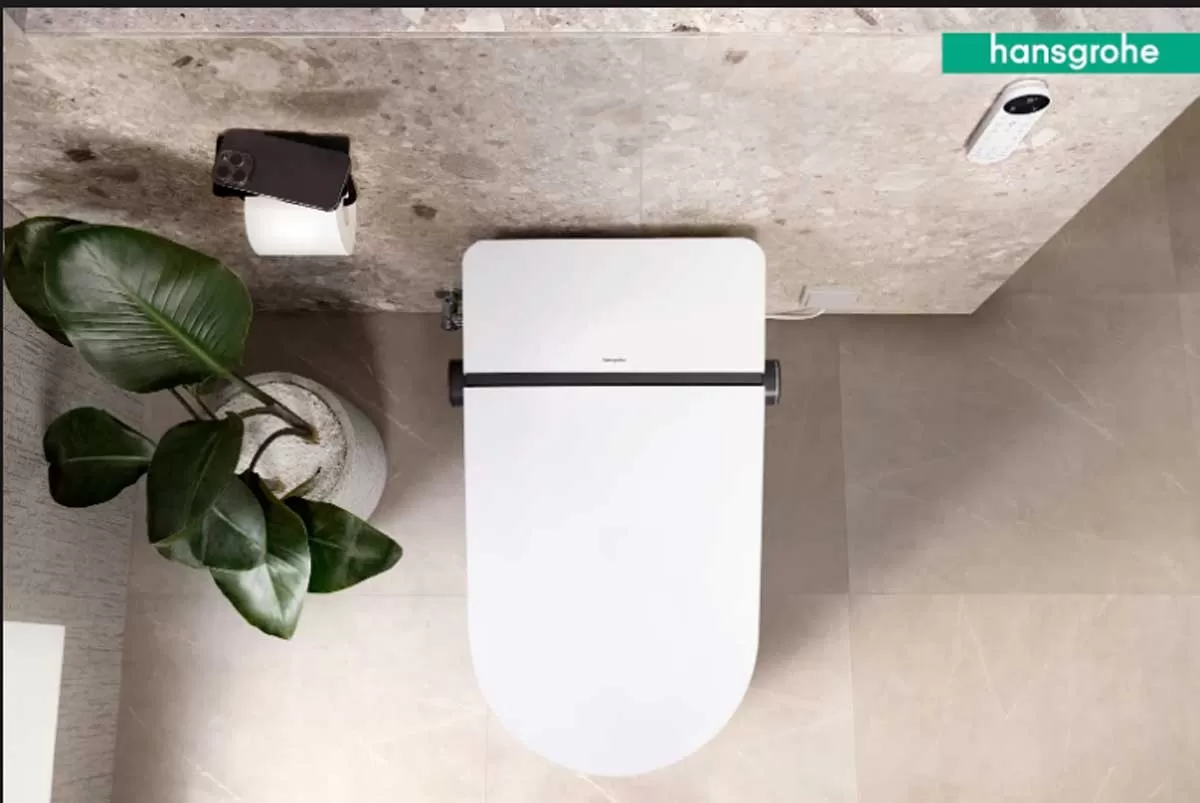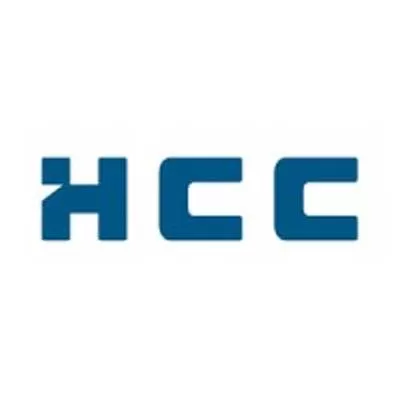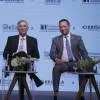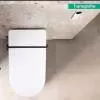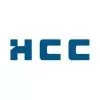- Anil Chaudhry, Managing Director & Country President, Schneider Electric India
Anil Chaudhry, Managing Director & Country President, Schneider Electric India, was conferred with the highest French civilian award, Chevalier de la Légion d’Honneur (Knight of the Legion of Honour) for his significant and commendable contribution towards strengthening Indo-French relations through his association with French organisations. He shares more on this accolade along with other initiatives...
Please elaborate upon your contribution towards strengthening Indo-French relations.
It is a matter of immense honour for me to be chosen as a recipient of the Chevalier de la Légion d’Honneur. It is an important insight into the symbiotic economic association between India and France. I have had the opportunity to work on some key engagements in the wide array of Indo-French economic relations including infrastructure development, climate change, energy management and skill development. It instilled in me a passion to facilitate Indo-French engagement, which has been my constant endeavour. I consider this award a responsibility given to further strengthen our countries´ great alliance in all possible ways.
Tell us about the significant initiatives you have led in the areas of infra development, climate change, energy management and skill development, especially in 2016.
Schneider Electric is closely aligned with the Government of India in achieving its growth imperatives through programmes like Make in India, digitisation, smart cities, energy-efficiency and promoting access to clean energy. We support its commitment to addressing climate change through optimal utilisation of renewable sources. Skill development in the field of energy is one of the core agendas at Schneider Electric and we have recently partnered with the National Skill Development Corporation (NSDC) and the industry-led Power Sector Skill Council (PSSC) to co-promote a Centre of Excellence and support training of electricians for underprivileged youth in 100 government-approved skill development centres. The Centre of Excellence will be established in NCR. It will focus on training through specialised corporate programmes in power, solar and automation.
How will the company´s manufacturing plant and R&D centre in India help achieve Schneider´s global manufacturing plans?
The company opened its Global Technology Centre (GTCI) in Bengaluru, India, in 2003. In addition to product development and resource enhancement, GTCI´s gamut of activities includes research in the fields of electromechanical design, digitisation and software development. Products and technologies prepared here are available across the globe. Also, in the quest to make its customers globally competitive, Schneider Electric India has set up plants working towards providing world-class products to its customers, ie Baroda, Chennai, Hyderabad and Bengaluru. India is a key market for Schneider Electric globally, not only as a global manufacturing hub, but for R&D too. We invest about 5 per cent of our revenues in innovation, digitisation and R&D annually. Most innovations are aimed towards optimising easy implementation and operation, safety, flexibility, reliability and enabling connectivity of products by use of digital technology.
Is there any particular decision made this year that has worked to the complete benefit of the company?
The year 2016 has been an important one for us, with an evolving focus on our global brand campaign, ´Life Is On´. The programme ensures innovation at every level and makes energy and automation safe, reliable, connected, efficient and sustainable. Leveraging the power of IoT, we aim to provide a best-in-class customer experience. Schneider Electric aims to help India build an economy that is becoming more electric. Globally, the company´s broad approach to building a new world of energy and automation is founded on the following imperatives: Digitisation: 20x more connected devices than connected people by 2020. Leverage new and existing opportunities in the form of rising digitisation, untapped efficiency potential and reducing cost of renewables.
Decarbonisation: 82 per cent of the economic potential of energy-efficiency in buildings and more than half in industry remain untapped. Leverage digitisation by combining IoT with IT/OT convergence for optimal energy and process automation. This results in demand-side efficiency that drives carbon emissions lower.
Decentralisation: 70 per cent of new capacity additions will be in renewables by 2040. Driven by the falling prices of solar and storage costs and micro-grid flexibility, there are huge opportunities to ensure access to energy and power for all in a sustainable and efficient manner.
In your opinion, how has the construction and infrastructure industry performed this year, and what are your expectations from 2017?
Smart homes and buildings are an important focus area for us. In this regard, growth of the real-estate industry is critical. In 2016, we have witnessed low to flat growth in the sector but, at the same time, we have witnessed some important policy developments in this industry. Among the most important is the passing of the RERA Bill, which is a big push as it will lend transparency to the sector and spur demand. Going forward, the outlook for 2017 remains positive in the wake of the positive reforms initiated by the government, including implementation of the GST.

